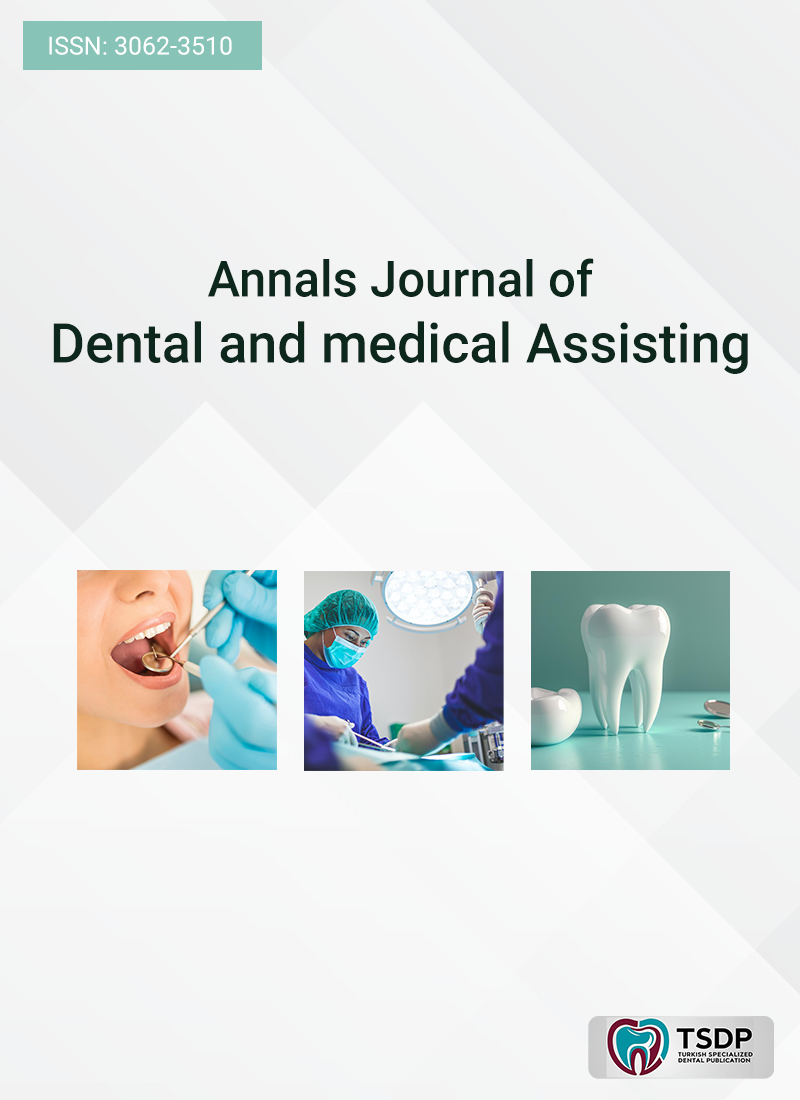
In this study, dental students' perceptions regarding handling medical emergencies were assessed using a cross-sectional questionnaire. Descriptive analysis was performed for questions of knowledge, attitude, practice, and self-perceived competence. Using the Post Hoc test, Spearman correlation, and analysis of variance (ANOVA), data with P-value < 0.05 were considered. There was a 100% response rate. Based on the ANOVA, students' knowledge, attitude, practice, and self-perceived competence were significantly correlated with the academic year. Post hoc analysis showed that there was a statistically significant difference between 4th BDS and postgraduates in terms of knowledge, attitude, practice, and self-perceived proficiency. Spearman correlation showed that knowledge (+0.263), attitude (+0.294), practice (+0.190), and self-perceived competency (+0.692) were positively correlated with the years of study. It is necessary to take measures to enhance students' knowledge, attitude, practice, and self-perceived competencies. Classroom lectures, workshops, continuing dental education (CDE) programs, practical/real-time situations training, and medical emergency management education courses like basic life support (BLS) and C.